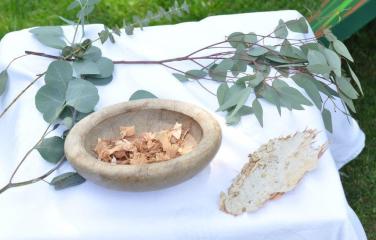Rare First Nations drawing acquired
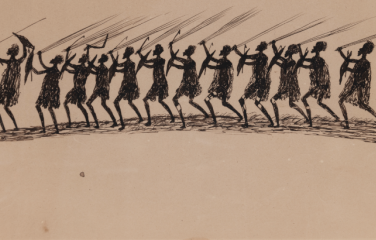
Geoscience Australia unveils a rare opal
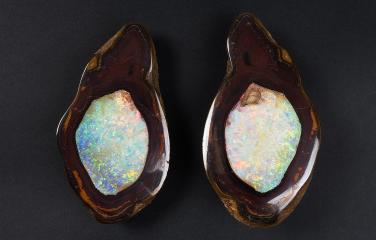
Celebrating a year of the National Cultural Policy
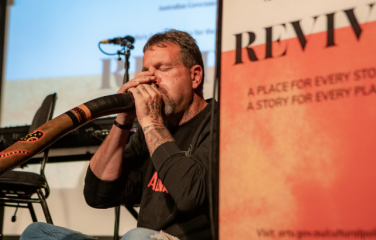
14 ancestors return home from the USA
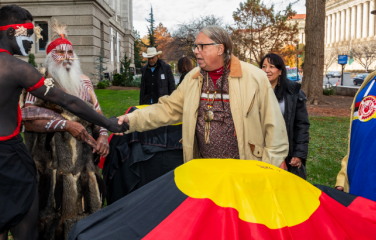
National Cultural Heritage Account logos
The National Cultural Heritage Account logo is used to acknowledge the support of the Australian Government for the acquisition of cultural heritage objects through funding assistance from the National Cultural Heritage Account. The logo and wording below must be used by funding recipients in a prominent place near the acquired object and on all advertising and promotional material associated with the object, including, but not limited to, invitations, brochures, flyers, posters, and advertisements.
The guidelines on the use of the Australian Government logo can be found on the Department of the Prime Minister and Cabinet website.
The Australian Government crest must not be printed smaller than 20mm in width.
Suggested text:'This item was purchased with the support of the Australian Government through the National Cultural Heritage Account' (or an alternative form approved by the Office for the Arts).
Download the logos
Cultural treasures returned to China
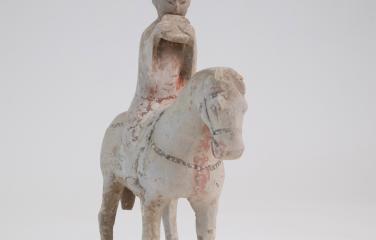
First Nations ancestors to return home from Vienna
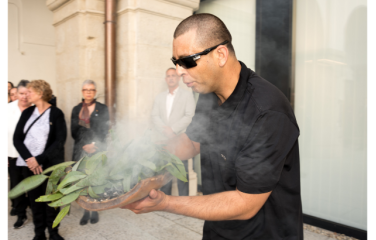
First Nations ancestors to make long journey home from UK
